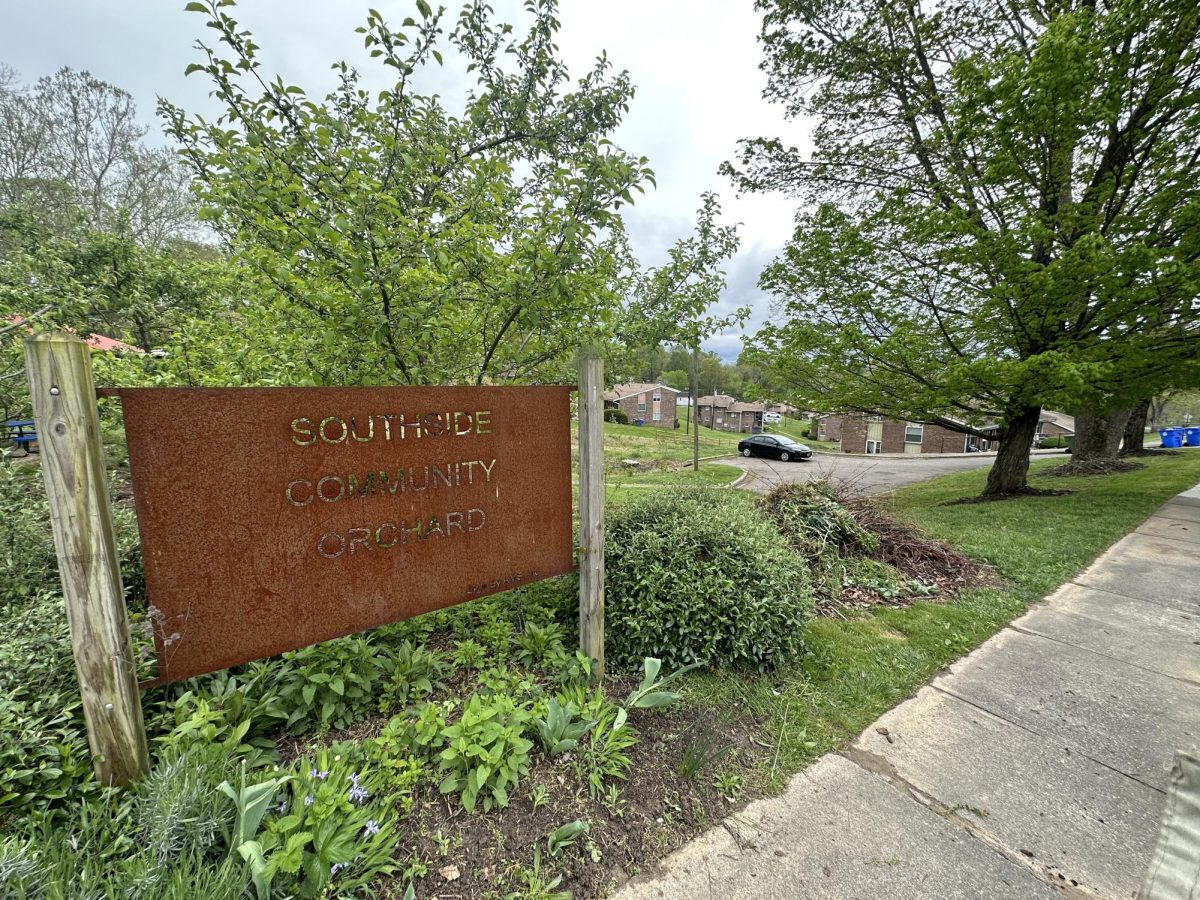By Matthew McGregor – [email protected] – Contributor | Feb. 18, 2015 |
UNC Asheville students suffering from depression should consider more basic solutions like sleep, exercise and lifestyle changes, before resorting to anti-depressants, according to counselors.
“The single most impact of depression we see is students stop going to class, followed by substance abuse such as alcohol and marijuana,” said Jay Cutspec, director of UNCA’s health and counseling center. “Given the nature of a college student’s life, depression tends to be very common.”
According to their website, the American College Health Association reported that 13.5 percent of students said depression affected their academic performance within the last year.
Cutspec and other counselors said that sleep and exercise are the best treatments for depression.
“The relationship with sleep and depression is really an intimate one,” said Melissa Himelein, professor of psychology and director of the Center for Teaching and Learning. “If your sleep is imbalanced, then you are approaching the day with greater vulnerability to stressful events and then that can bring on depression so sometimes it can be hard to figure out which came first.”
The counseling center’s most common suggestion for depression is to exercise, followed by sleep, according to Cutspec. He said exercise proves to be as effective as drug therapy. If that is not working, they recommend talk therapy. The third suggestion for treatment is drug therapy, Cutspec said.
According to Himelein, drug therapy involves taking selective serotonin reuptake inhibitors.
“The theory is that depression is connected to levels of the brain and there is a biochemical basis for the depression. People think that drug therapy is more scientific than it is. We think that serotonin has something to do with it, but there are multiple types of depression. Some have genetic predispositions. Some are probably linked to trauma experiences, but it’s very murky,” Himelein said.
Annie Masaoka, a practitioner of Chinese medicine at People’s Acupuncture of Asheville, said depression treatment alternatives in Chinese medicine diagnose and treat depression differently than the Western diagnosis.
“Depression in Chinese medicine can be caused by a number of factors. Treating the disease depends on the individual. Chinese medicine doesn’t look for genetic factors leading to chemical imbalances in the brain,” Masaoka said. “The treatment is always tailored to the individual, be it herbs, acupuncture, lifestyle changes or a combination of the three.”
Masaoka said anti-depressants are a temporary fix.
“In my opinion, anti-depressants are a Band-Aid solution that may work for a while but may not address the underlying issue. Taking isolated chemicals always seems risky to me because the research done on their effects is limited and studies are usually funded by the pharmaceutical company trying to sell the drug.”
Hemelein said psychiatrists prescribe a preferred drug, and if it does not work, they will prescribe others. The side effects of these drugs will cause some people to stop taking them.
The drugs usually are not effective until three weeks after taking them, according to Hemelein.
“But if somebody meets the criteria for clinical depression, which means that they’re at the point of struggling to get out of bed, struggling to carry on usual activities, not sleeping, not eating, pulling away from people, very isolated, you might as a psychologist feel like talking therapy is not enough, and you need the kind of medication that would help someone get over the hump so that they can benefit more from talking therapy.”
Masaoka said she knows people who have benefited from anti-depressants, and she sees herbs and acupuncture effectively treat depression in ways anti-depressants do not.
“Treating the underlying imbalance is always going to be more effective in the long run,” Masaoka said.
Chinese medicine contains 2,000 years of documented evidence that proves its effectiveness, Masaoka said.
“The problem we have is students generally tend to be a little anti-medication,” Cutspec said. “The problem is they also tend to be anti-exercise. We try to convince them to be motivated to exercise, sleep, and stay away from some of the substances, which is not easy for 18 to 24-year-olds.”
Latest Stories
- Southside Community Farm seeking voters for safety
- Students wonder if campus dining is actually adequate
- Tribal political activities surge due to Lumbee tribes request for federal recognition
- Learn a Language!
- Questions On the Quad Episode 11
- What Do Blue Banner Staff Listen To?
- Asheville residents at odds over U.S. financial assistance to Ukraine
- The UNC Asheville Saber Club’s duels remain, moved to AC Reynolds Green
- UNCA League of Legends takes first in stunning finals match against HPU
- From passion to professional play: How a UNCA League of Legends MVP hit their stride


















